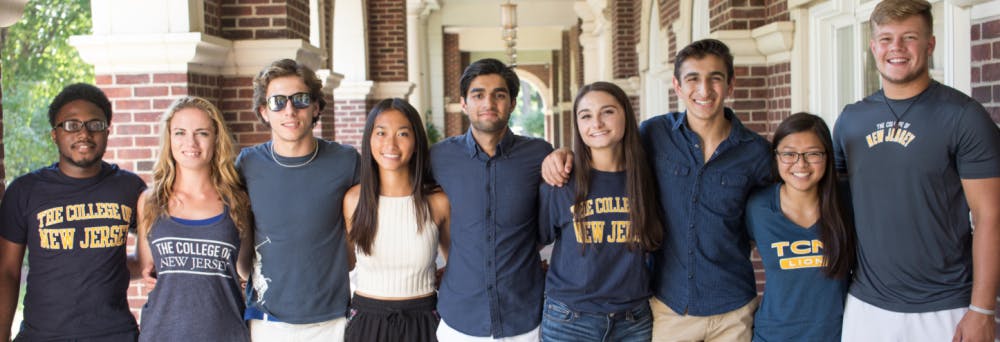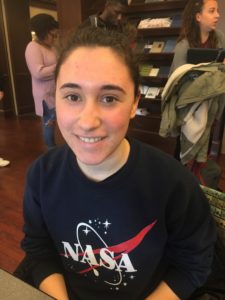By Darshan Kalola
We all lead nuanced lives with incredible variation, and discrimination often arises when individuals ignre these nuances. Instead of recognizing the array of values, strength and beliefs that constitute a person, bigots choose to characterize individuals based on a limited set of variables.

Atrocities such as slavery in the U.S., The Rwandan Genocide and Native American expulsions were based on race. The 1984 anti-Sikh riots, the Inquisition and the Holocaust are examples of religious discrimination, and the bloody proletarian revolutions of the Soviet Union reveal mistreatment on the basis of class.
These examples represent a refusal to recognize intersectionality — the idea that human experience cannot be accurately described according to a single attribute or trait.
Even today, instituted social justice policies are dismantling intersectionality in society.
In the workplace, new policies encourage or even force recruitment personnel to focus on race, gender and class when deciding who to hire, and some universities give disadvantaged groups a leg-up in the admissions process. These policies may seem morally righteous, but they oppose equality by routinely discriminating against a great portion of applicants.
Imagine that three students with precisely the same academic record are competing for admission at a prestigious university. Applicant one, though extremely wealthy and the child of a prominent businessman, is a member of a disadvantaged group, while applicants two and three are not. Applicant two’s family is impoverished, but he has still managed to achieve academic success. Applicant three suffers from a severe speech impediment, crippling his ability to interact with his peers. Due to his lisp, he is socially awkward and shy, but despite this setback, he managed to become president of the Business Club at his high school.
Out of these three applicants, all with seemingly equal academic potential, who deserves admission? Under the current social system, applicant one would most likely be selected, but most of us would support applicant two or three, as both applicants achieved success despite facing inherent adversity.
This hypothetical situation is a reality for admission counselors across the U.S. Each of us has been faced with our fair share of trials and tribulations, yet current social systems attempt to rank groups on a hierarchy of oppression and disadvantage.
Many are born into a variety of situations that they have no control over, and social justice policies aiming to promote inclusivity presumptuously identify some groups as more deserving than others.
There are definitely some individuals who are less advantaged than others, which is why we should try to channel aid toward those who are both skilled and disadvantaged rather than abide by a single definition of privilege.
An increased investment in education, especially in places that are performing below a suitable standard, would be a good start. Another small yet effective step would be for The College Board to publish an electronic version of their preparatory materials free of charge for all students, instead of profiting off content that is beneficial for any college applicant.
Combating discrimination is no easy process, but many of today’s policies have simplified what it means to be disadvantaged. A more effective and universal approach to achieving equality will require more effort, thought and discussion.
The development of such a process may be slow and complex, but it will focus on building success, rather than simplifying how success should be measured.
Students share opinions around campus









